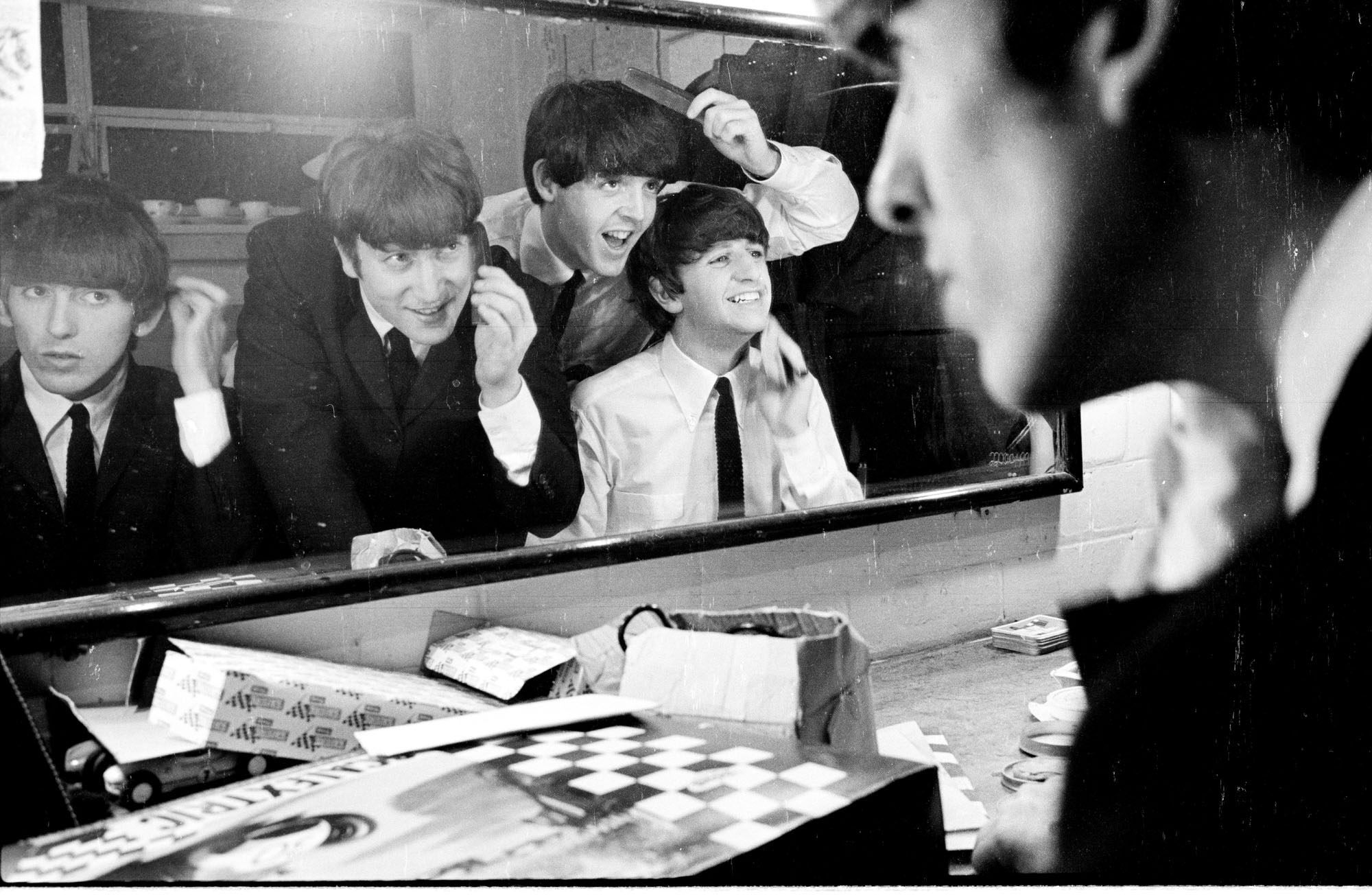The Beatles' career as a live band came to a — literally — screeching halt in August 1966, when on their final American tour, the howling of frenzied female fans became so deafening they could no longer hear themselves play. Author Tom Wolfe, describing a San Francisco stadium gig, wrote of "great sheets of scream like sheets of rain in a squall ... and that sound he thinks cannot get higher, it doubles, his eardrums ring like stamped metal with it until suddenly Ghhhhwoooooowwww, it is like the whole thing has snapped ... a writhing, seething mass of little girls."
Wolfe was one of the few writers to pick up on the sometimes terrifying mass-hysteria aspect of Beatlemania, but it was clear enough to John, Paul, George and Ringo, whose reaction to this extreme adulation went from amazement to burnout in a few short years — so much so that they stopped playing live.
Those screams are all over director Ron Howard's "The Beatles: Eight Days a Week — The Touring Years," a rockumentary that follows the whirlwind first half of the Fab Four's career, from 1962-1966, when the Beatles were fresh-faced mop-tops playing amped-up rock 'n' roll, releasing hit records like "A Hard Day's Night" and "Rubber Soul" and embarking on massive stadium shows, the first of their kind. It also captures the chaos of being driven to gigs in armored vans so as not to be torn apart by freaking-out fans, and how an offhand remark ("bigger than Jesus") could lead to mass Beatles' record bonfires.

















With your current subscription plan you can comment on stories. However, before writing your first comment, please create a display name in the Profile section of your subscriber account page.